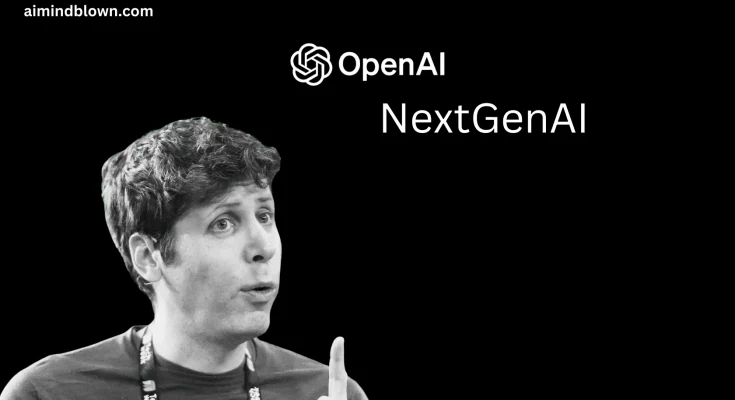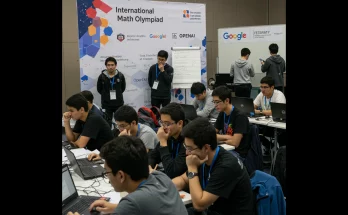On March 4, 2025, OpenAI made a significant announcement regarding the launch of its NextGenAI consortium. This initiative aims to revolutionize research and education through artificial intelligence. By collaborating with 15 prestigious research institutions and providing $50 million in funding, OpenAI seeks to accelerate breakthroughs across various domains.
What is NextGenAI?
The NextGenAI consortium brings together 15 leading research institutions, each committed to harnessing the power of AI for high-impact challenges. Some of these challenges include transforming healthcare, reimagining education, and solving complex global issues. The members of the consortium include:
- California Institute of Technology (Caltech)
- California State University system
- Duke University
- University of Georgia
- Harvard University
- Howard University
- Massachusetts Institute of Technology (MIT)
- University of Michigan
- University of Mississippi
- The Ohio State University
- University of Oxford
- Sciences Po
- Texas A&M University
- Boston Children’s Hospital
- Boston Public Library
Funding and Resources
OpenAI’s commitment to provide $50 million in funding is a crucial investment aimed at supporting numerous research grants, compute funding, and API access. This funding is designed to enhance educational experiences for students, educators, and researchers across the consortium’s partner institutions.
Focus Areas of Research
The consortium’s focus areas are diverse, catering to multiple fields that rely on AI’s transformative capabilities:
- Healthcare: Ohio State University is leveraging AI for advancements in digital health and manufacturing, aiming to improve treatment outcomes.
- Education: Texas A&M is initiating a Generative AI Literacy Initiative, providing hands-on training on responsible AI usage.
- Scientific Innovation: Duke University is spearheading metascience research to determine where AI can provide the most substantial benefits.
- Human-Value Alignment: Harvard University and Boston Children’s Hospital are enhancing AI’s alignment with human values in medical decision-making.
- Complex Problem Solving: Research spans across energy, mobility, and agriculture to harness AI for sustainable solutions.
The Importance of Collaboration
According to Brad Lightcap, Chief Operating Officer of OpenAI, “The field of AI wouldn’t be where it is today without decades of work in the academic community.” This sentiment emphasizes the necessity of collaboration to create AI technologies that genuinely benefit society. The NextGenAI consortium serves as a platform for bringing together varied expertise to tackle some of the most pressing global challenges.
Previous Initiatives and Future Prospects
This launch builds on prior commitments made by OpenAI to support education. Notably, in May 2024, OpenAI launched ChatGPT Edu, facilitating access to AI tools for numerous universities. Such initiatives are paving the way for future generations of scholars and innovators who will navigate the complexities of AI.
Impact on Education and Research
NextGenAI’s initiative represents a comprehensive approach toward redefining education through AI tools. Educational institutions partnering in this venture will stand at the forefront of technological advancement:
- Innovative Learning: Universities will integrate AI into their curricula, preparing students for a workforce increasingly reliant on technology.
- Hands-on Experience: Students and faculty members will have access to OpenAI’s cutting-edge tools, allowing them to innovate and experiment with AI applications.
- Real-World Applications: The consortium will help students gain real-world experience, fostering the next generation of leaders in technology.
Featured Projects
Some exciting projects funded by the consortium highlight the potential of AI in real-world applications:
- Ohio State University is working to leverage AI in digital health and advanced therapeutics.
- Harvard University is focused on using AI to enhance diagnoses in rare diseases.
- Duke University aims to identify scientific fields that can benefit the most from AI interventions.
- Texas A&M is providing resources for responsible AI training, ensuring that future leaders are equipped for ethical considerations in technology.
Conclusion
Through the formation of the NextGenAI consortium, OpenAI is setting the stage for remarkable progress in AI research and education. With a profound investment in resources and collaboration with top-tier educational institutions, this initiative promises to drive significant breakthroughs across multiple sectors. As we continue to embrace and integrate AI within our societal frameworks, the possibilities appear endless, fostering innovation and creativity for generations to come.



